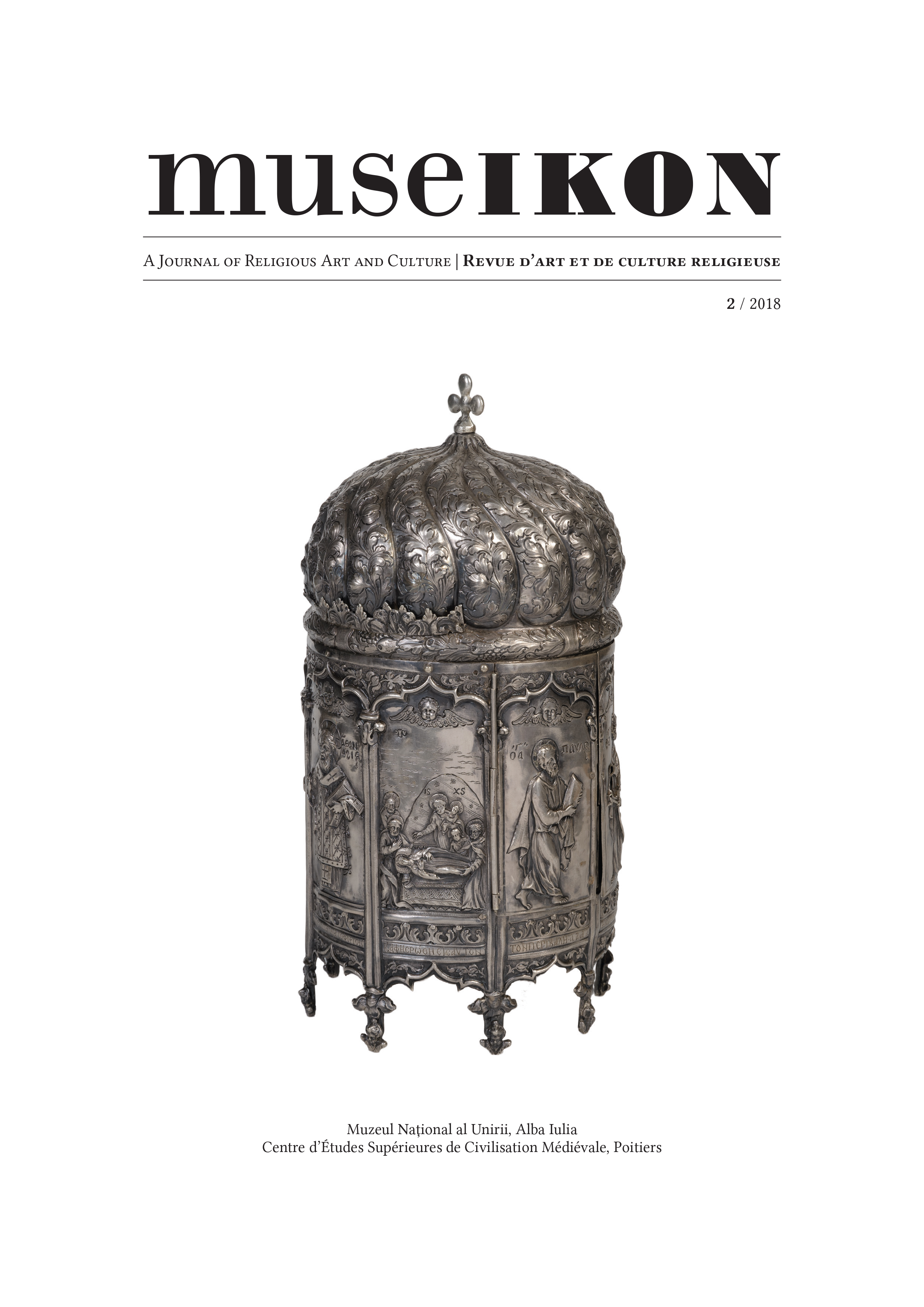
We kindly inform you that, as long as the subject affiliation of our 300.000+ articles is in progress, you might get unsufficient or no results on your third level or second level search. In this case, please broaden your search criteria.

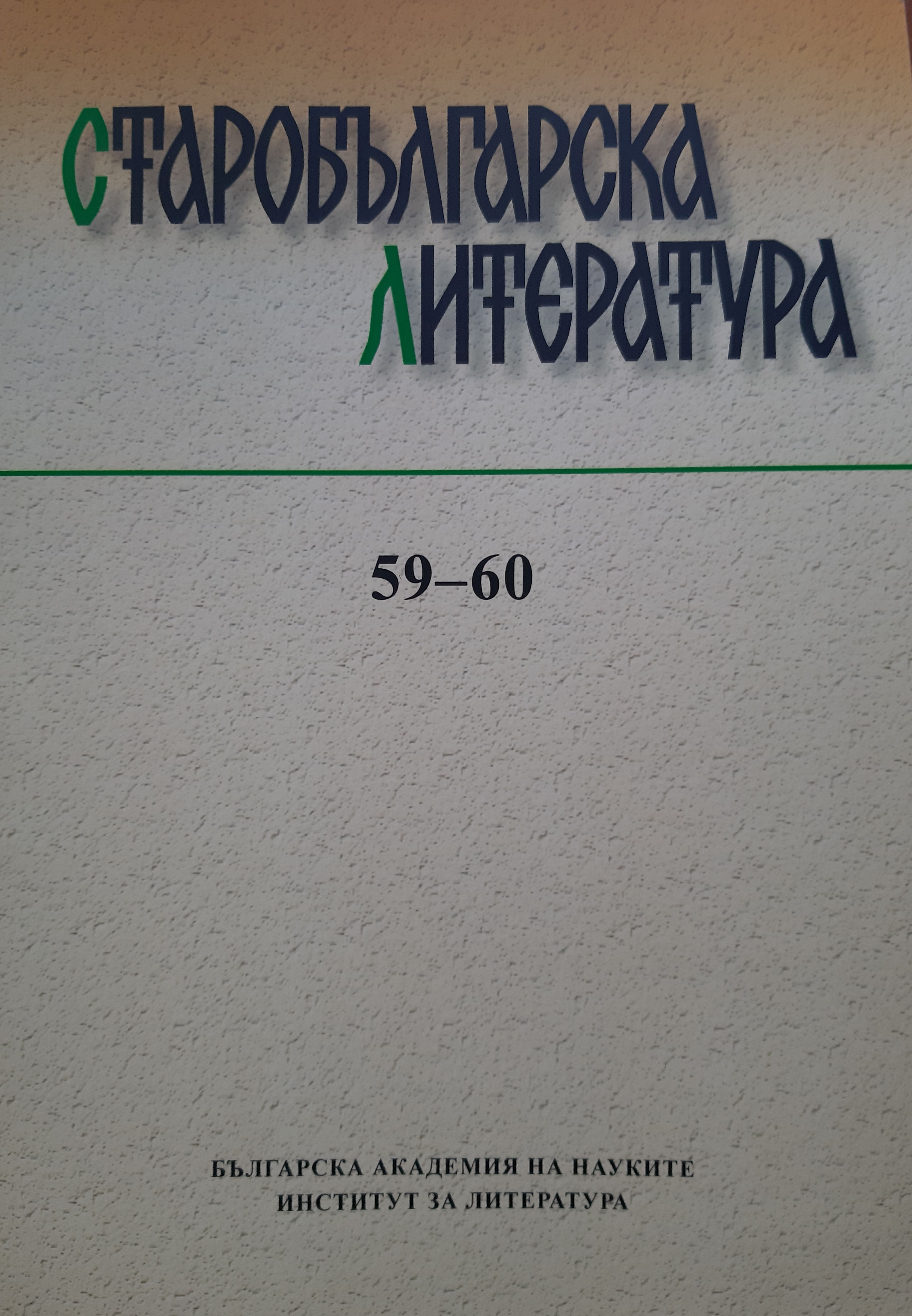
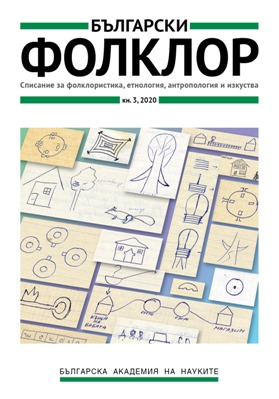
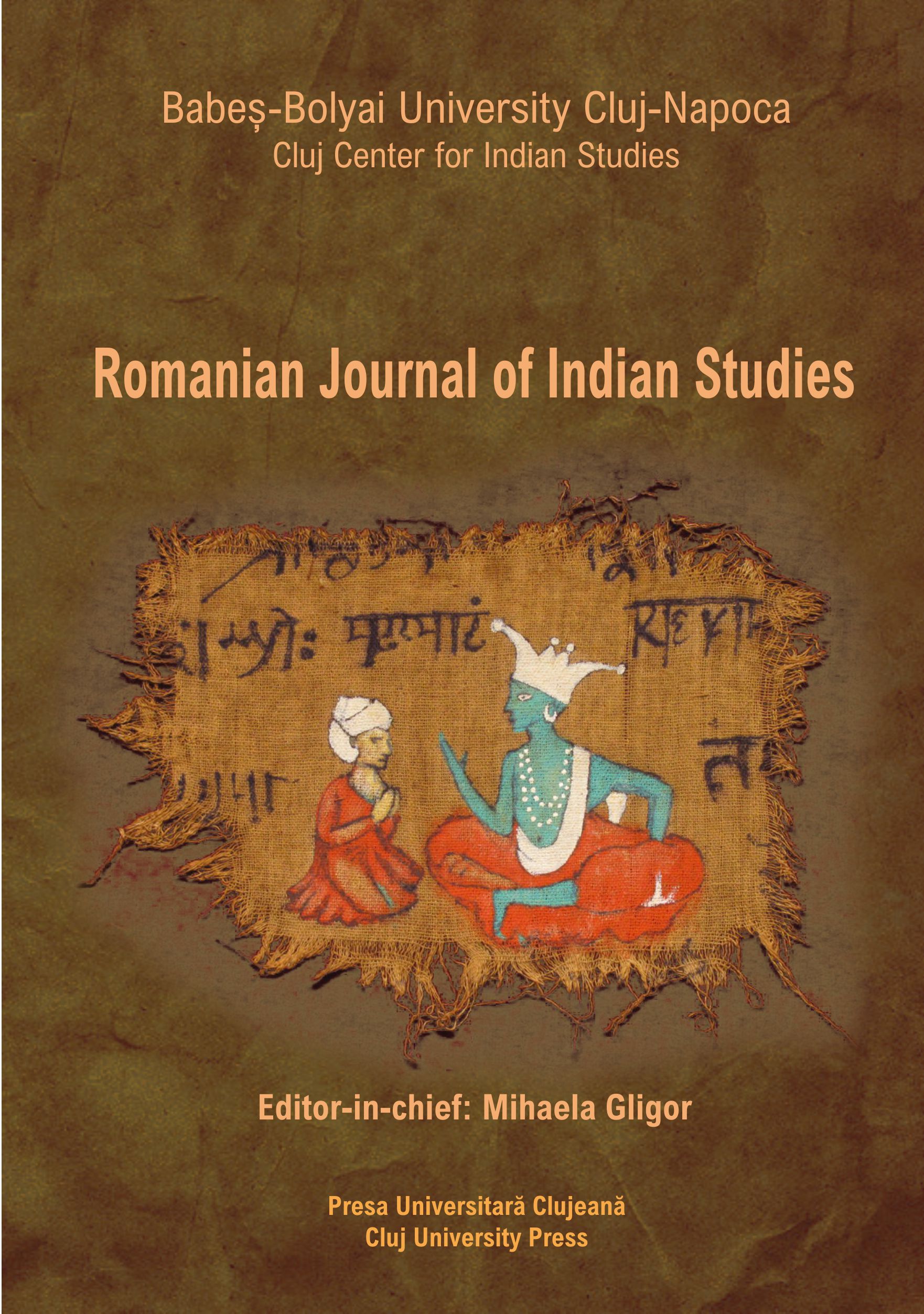
Rabindranath Tagore was the first Nobel laureate of Asia. In 1913 he received the prestigious prize for Gitanjali (Song Offerings), his volume of poetry. He was born in Calcutta into a wealthy Brahmin family. He was well educated and very talented. He was a poet, philosopher, writer, playwright, songwriter, painter, and educator. He was a very charismatic person and he traveled a lot. He held lectures at several important universities of the world, had encounters with extraordinary people, and received many honorific degrees. During his life time he created a remarkable oeuvre, and his legacy is monumental. At 160 years after his birth, Rabindranath Tagore’s genius is celebrated across the globe. This study presents a short history of his incredible family, which had an important role in the Bengali cultural renaissance.
More...
During the Communist period, Romania encountered an interesting phenomenon, specific for several Socialist countries: the import of Indian (mostly Hindi) films – a visual and musical treat for the Romanian audience. Their appeal can be analysed in numerous ways: Hindi films were special for their look into foreign places, for their musical quality, for their escapism, for their appeal to the Roma community. Taking into consideration the history of the India-Romania intersection, the import of Indian films provided a premiere: for the first time, Indian cultural objects were accessible for a larger number of people, because of cinema’s quality to address the masses.
More...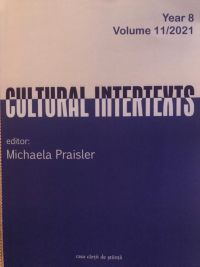
This article discusses the original translation style of St. Euthymius the Athonite (10th11th centuries), a great Georgian monk working in the Iviron Monastery of Athos (Greece), which was called an ‘omission-addition style’ in the scientific literature, and was entirely conditioned not by linguistic but by cultural-religious context. The main goal of the article is to examine that unique phenomenon we are dealing with in the form of his translations, that sheds light on how a translator may turn linguistic tools into cultural vectors of a society, a country, determining the main path for spiritual and intellectual development of the nation in a particular historical epoch and along the centuries. From the rich Greek theological literature, Euthymius the Athonite selected for translation those works that would best reflect the knowledge accumulated in that field at the time, and presented them to Georgian readers, still less knowledgeable in theological matters, in such a way that would best suit them and strengthen their Christian faith, on the one hand, and introduce them to the advanced Western thought, on the other. Research focus is on the translations of theological content. Based on the comparative analysis of the Greek-Georgian texts, I examine those methods and means that Euthymius the Athonite used to keep the Georgian nation from possible religious threats, misunderstandings, and difficulties that accompanied the misinterpretation of religious texts in the Middle Ages. Euthymius the Athonite laid a solid foundation for the process of Europeanization of Georgian literature and culture, which his descendants continued with dignity.
More...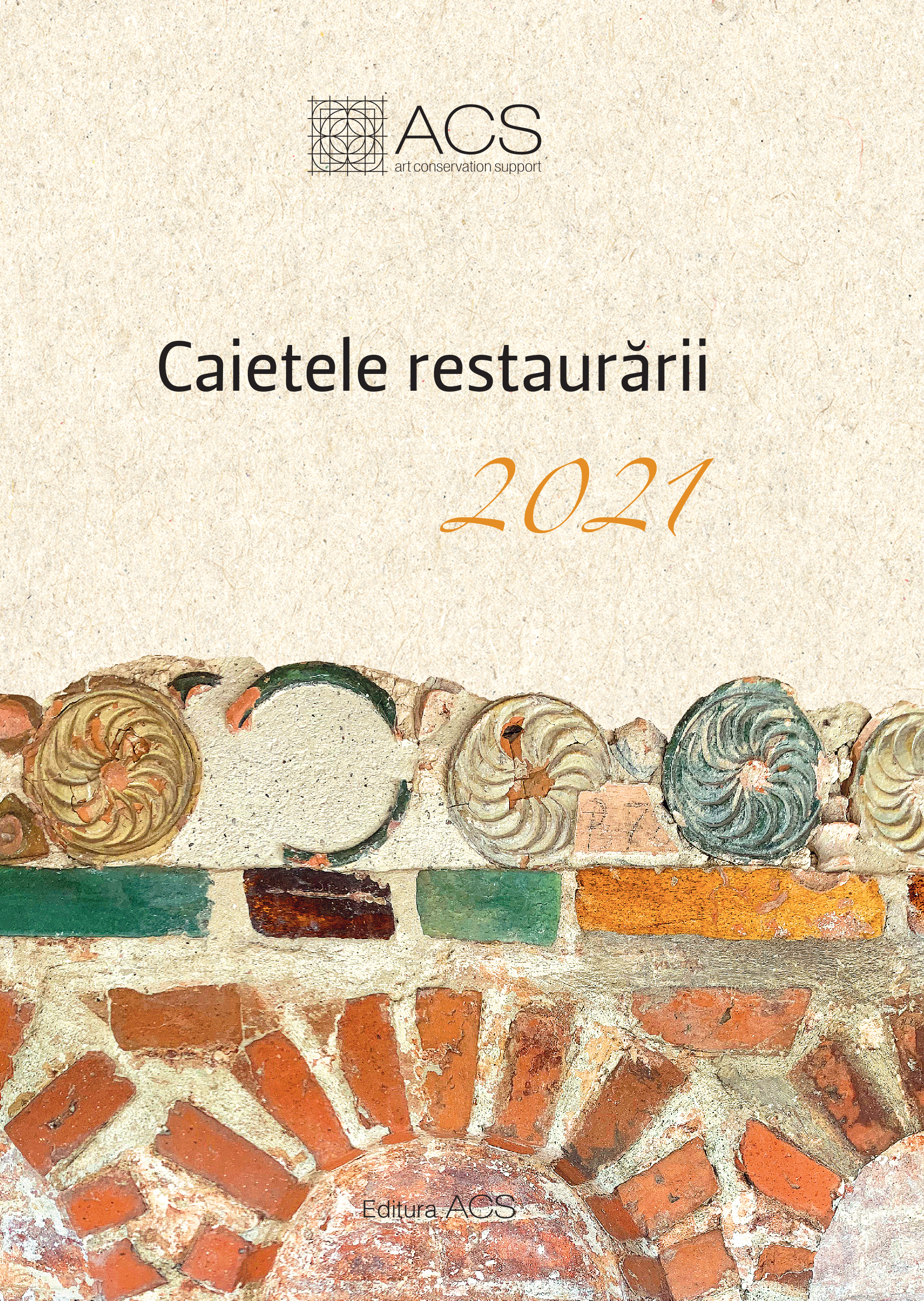
This paper presents a history of The Romanian System for Conservation and Restoration of Cultural Heritage, in its 45 years of operation. The data are presented in two periods, 1975-1990 and from 1990 to the present. The system has organizational-functional elements and its own education and professional accreditation within the Ministry of Culture.
More...
The stated purpose of this article is to sensitize the specialists and responsible institutions on some conservation interventions that are required in the current situation, years after the first emergency interventions started in 1980 at Voroneț.
More...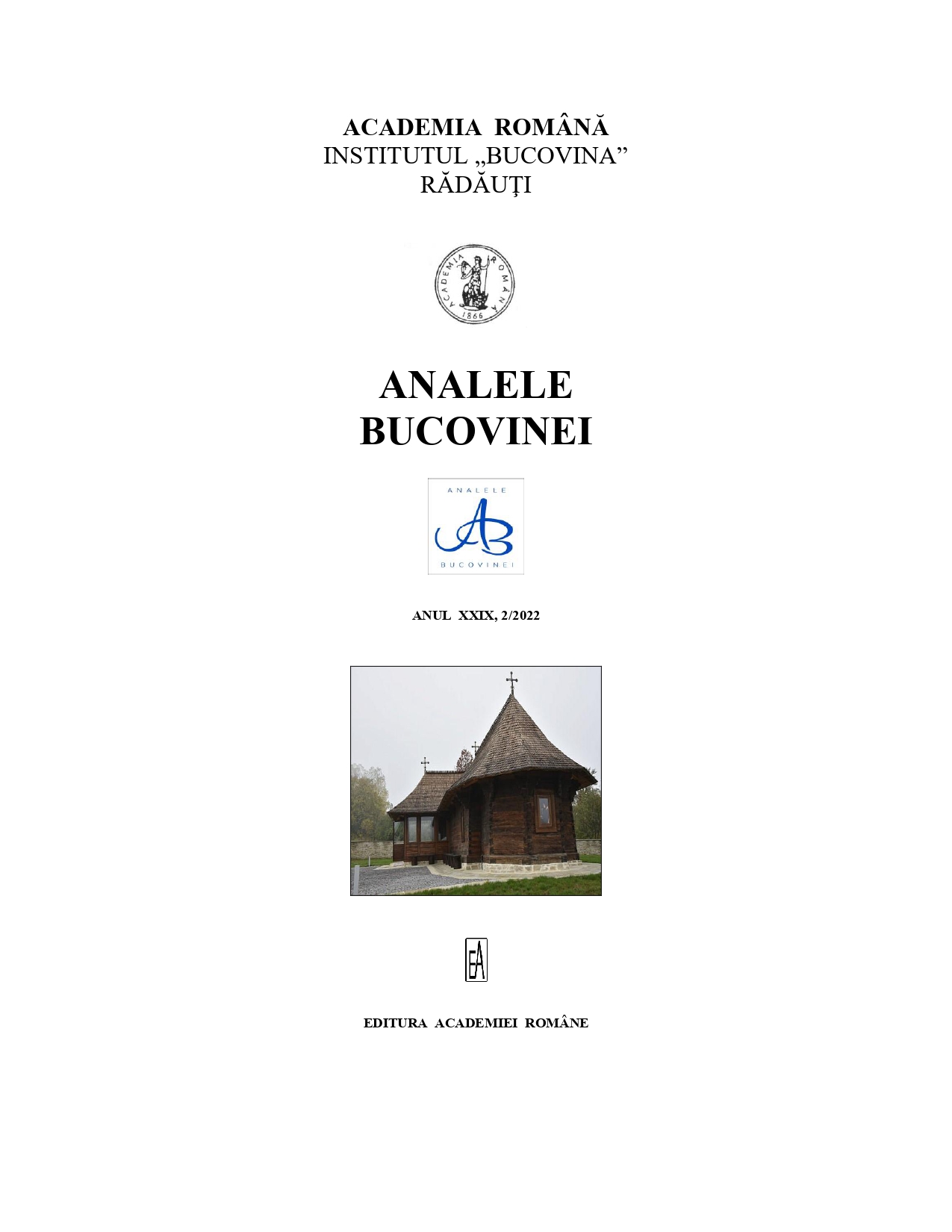
Review of: Die Habsburgermonarchie 1848–1918. coord. Rudolf Gräf, Editura Polirom în 2020, 2021 și 2022. Mitropolitul Vladimir de Repta și lumea prin care a trecut,. pr. Dumitru Valenciuc, pr. dr. Ioan-Paul Valenciuc, (Suceava, Editura Arhiepiscopiei Sucevei și Rădăuților, 2018, 346 p + anexe) 2022. Familia Cuparencu din satul Călinești. ținutul Suceava, studiu genealogic, Preotul Cezar Onesim, anul 2020, la Editura Miseno din Șcheia, județul Suceava, lucrarea (Șcheia – Suceava, Editura Miseno, 2020, 395 p. + 1 p.). Cântece propriu-zise din Moldova. Silvia Ciubotaru și Ion H. Ciubotaru La Editura Universității „Alexandru Ioan Cuza” din Iași, 2021, coord. prof. univ. dr. Ion H. Ciubotaru, (458 pag.) „Caiete de la Volovăț” (Revistă de teologie și cultură a Parohiei Volovăț, anul I, nr. 1, 2021 și nr. 2, 2021). Colegiul redacțional: pr. Dumitru Valenciuc, pr. prof. dr. Ioan Paul Valenciuc, protos. dr. Mihail Nagy, prof. Dorina Diaconescu, prof. Lucica Antonovici.
More...
Ova tri filma, iako svjedoče, oslikavaju patos politike oprosta. Oni opisuju svrhu svjedočenja kao povezivanje politike i oprosta, neodgovarajućeg para. Veličanstvenost njihove umjetnosti je u tome što nijedna strana ovih dihotomija nije ugrožena. Političko djelovanje svjedočenja ne briše moralnu potrebu za pomirenjem. Svaka strana dihotomije ojačana je u odnosu na svoju suprotnu stranu, s obzirom na dijalektiku takta u odnosu na takt. Ovi filmovi su dragocjeni i neprocjenjivi, moralni i visokoumni, jer podstiču svoje društvo i svijet na bolje shvatanje blagostanja.
More...
We are writing to you about a matter of grave concern. Within the entity of Republika Srpska, convicted perpetrators and others who committed atrocities are routinely glorified while survivors are prohibited or strongly discouraged from installing memorials to the victims. It is crucial, as a matter of the rule of law, restorative justice, and reconciliation to defend the human right to the truth 1 and the human right to memorialization.
More...
Obraćamo Vam se kako bismo izrazili svoju zabrinutost zbog nedavnih izjava Gabriela Escobara, specijalnog izaslanika SAD-a za Zapadni Balkan, vezano za izbornu i ustavnu reformu u Bosni i Hercegovini. Svojim komentarima g. Escobar je u suštini osudio bosanskohercegovačke građane na budućnost etničkih podjela, diskriminacije, progona i nepoštivanja ljudskih prava.
More...
Bajdenova administracija i zvaničnici Evropske unije u Bosni pokušavaju političkim sredstvom “popraviti” izbornu i političku disfunkciju zemlje. Ali rezultat ne samo da bi nepovratno oštetio moju zemlju i dodatno poremetio stabilnost na zapadnom Balkanu, nego bi proizveo i suprotno od jedne od navodno motivirajućih namjera. Znam — tužila sam ovaj nefunkcionalni sistem na Evropskom sudu za ljudska prava (ECtHR) i pobijedila. Ali Sjedinjene Države i EU, igrajući podmuklo da bi “postigli rezultate” kontraproduktivnim amandmanom na Ustav i izborni zakon Bosne i Hercegovine (BiH) prije izbora koji će se održati nakon godinu dana, nagrađuju nacionalističke planove koji su srušili i podijelili moju zemlju i bivšu Jugoslaviju u ratu 1990-ih.
More...
The Biden administration and European Union officials are barreling ahead in Bosnia with a politically expedient “fix” for the country’s electoral and political dysfunction. But the result would not only irrevocably damage my country and further undermine stability in the Western Balkans, it also would produce the opposite of one of the apparently motivating intentions. I know — I sued over this dysfunctional system in the European Court of Human Rights (ECtHR) and won. But the United States and the EU, by taking the low road to “get results” with a counterproductive amendment to the Constitution and election law of Bosnia and Herzegovina (BiH) before elections a year from now, are rewarding the nationalist agendas that shattered and divided my country and the former Yugoslavia in the wars of the 1990s.
More...
Zbog pomanjkanja internacionalne intervencije, naročito nakon 2006. godine, dejtonske strukture su prešle na etnonacionalističku retoriku podjela i prijetnje secesijom koje destabiliziraju Bosnu i regiju. Član Predsjedništva BiH iz reda srpskog naroda, Milorad Dodik, prijeti secesijom i dosljedno govori o Bosni kao propaloj državi. Bez ikakvih posljedica se služi govorom mržnje prema Bošnjacima i negira genocid u Srebrenici. Lider stranke bosanskih Hrvata Dragan Čović je sa svoje strane prijetio da će bojkotovati izbore i formirati treći entitet. Oba ova separatistička lidera su eksploatisala koncept „konstituentnih naroda“ kako bi kreirali dalje podjele i mržnju. Ove separatističke agende su najizraženiju podršku našle od Ruske Federacije, čija Ambasada u Sarajevu je u aprilu 2021. godine insistirala da se Bosna u načelu sastoji od dva entiteta i da nije jedinstvena država.
More...
Due to the lack of international intervention, especially since 2006, Dayton’s structures have devolved into divisive ethnonationalist rhetoric and threats of secession that are destabilizing Bosnia and the region. Bosnian Serb member of the Presidency Milorad Dodik has threatened secession and consistently speaks of Bosnia as a failed State. He wields hate speech against Bosniaks and denies the Srebrenica genocide with impunity. Bosnian Croat party leader Dragan Čović, for his part, has threatened to boycott the election and form a third entity. Both separatist leaders have exploited the concept of “constituent peoples” so as to create further divisions and hatred. These separatist agendas have found their strongest support from the Russian Federation, whose Embassy in Sarajevo insisted in April 2021 that Bosnia fundamentally consists of two entities rather than a unified State.
More...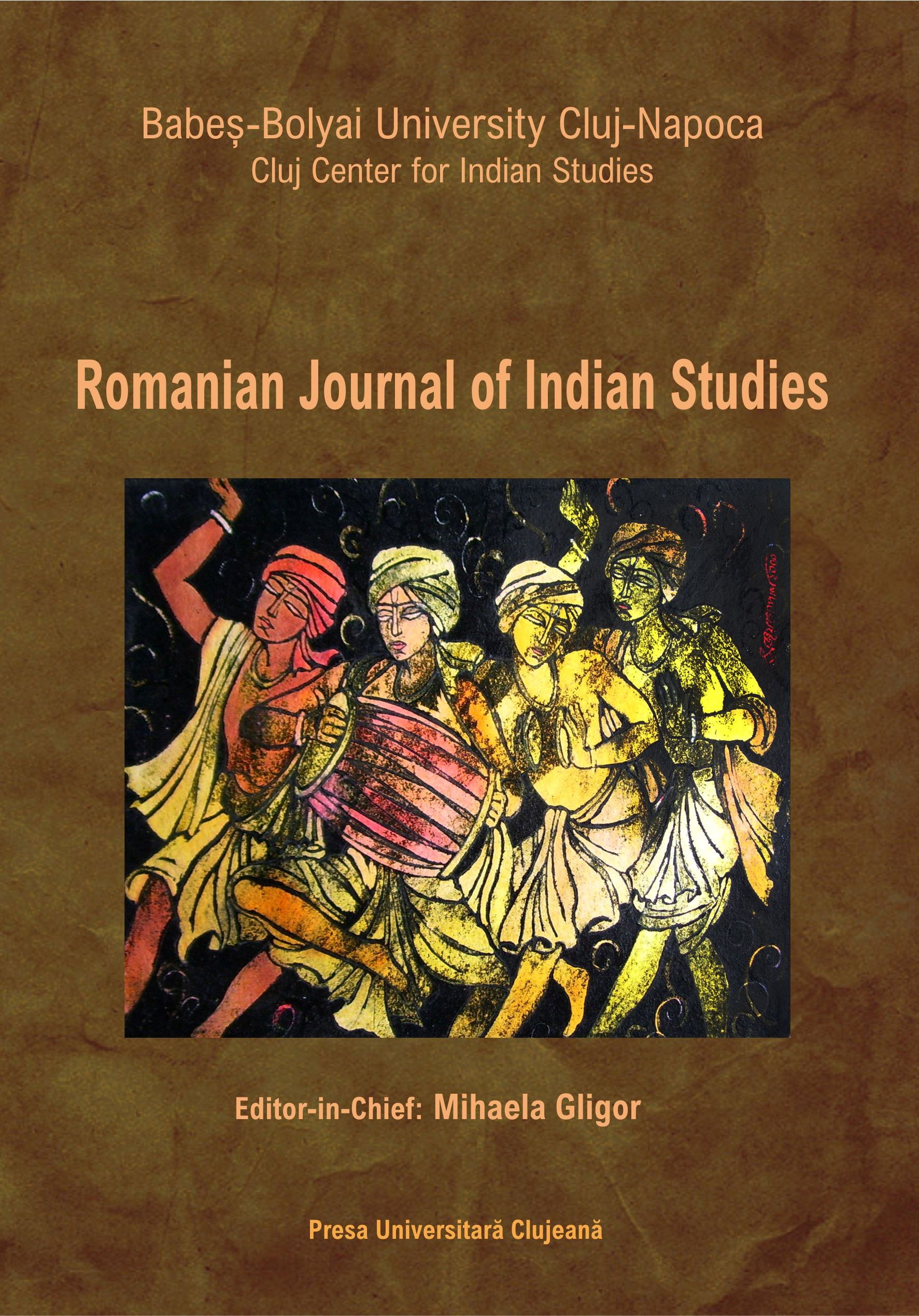
Mihai Eminescu’s indianism has been researched by scholars and critics like Amita Bhose or Mircea Itu, but the Buddhist component of his writings was not thoroughly analysed. The present study aims to investigate some fundamental Buddhist concepts that the Romanian writer recycled in his works. All of Mihai Eminescu’s friends knew about his keen interest in Buddhism, as Cătălin Cioabă’s book Mărturii despre Eminescu (2022) revealed to the public, and his fascination for this particular philosophical Indian system was reflected in his poems. The main research questions of this paper are: “Which are the Buddhist concepts that Mihai Eminescu intertextually used in his works?” and “Why did he choose those philosophical ideas?” In the analysis of the Buddhist dimension of Eminescu’s poetry, the following methods will be indispensable: close reading, hermeneutics, intertextuality and stylistics.
More...
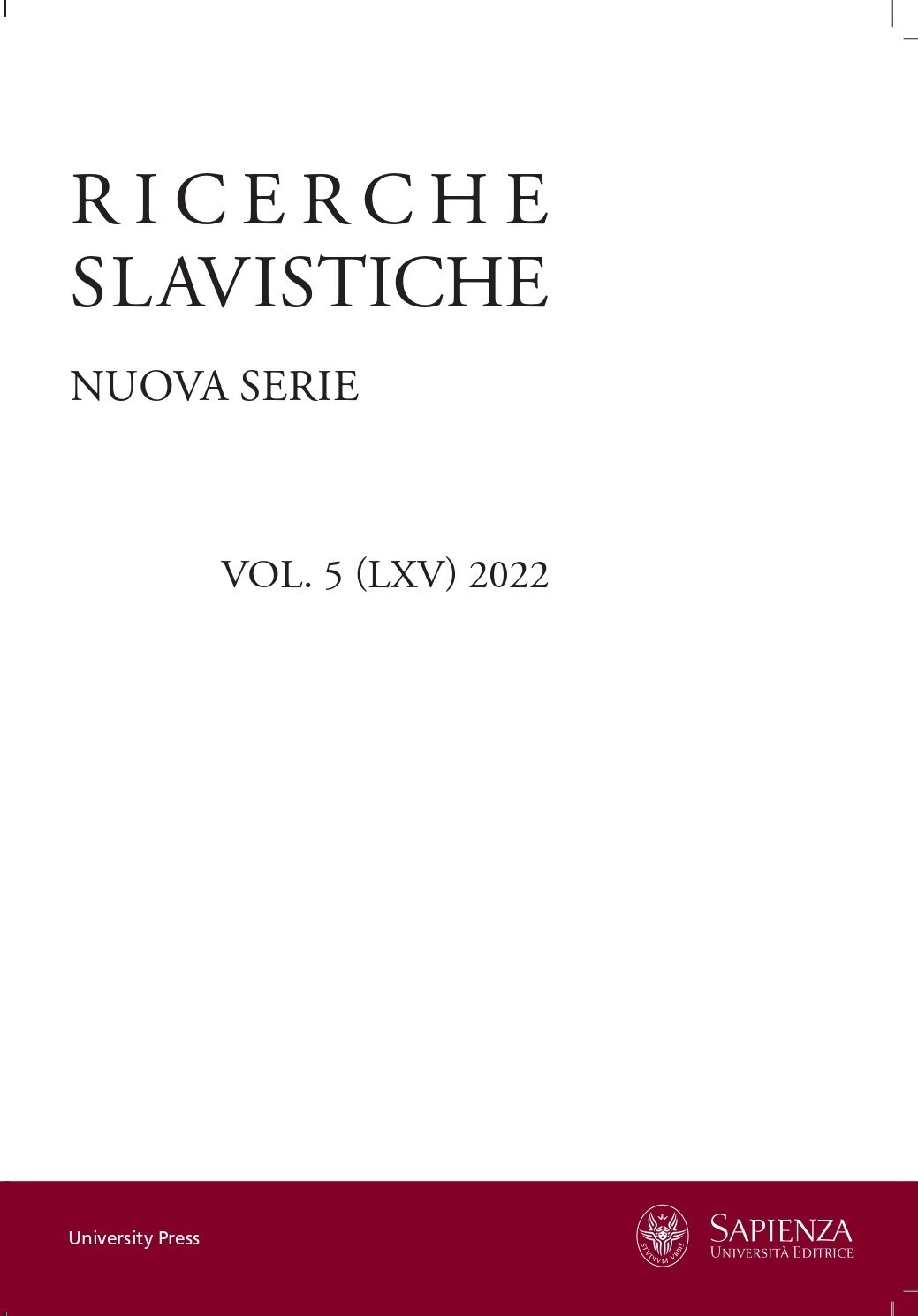
In this article I offer an overview of the articles published in “Ricerche slavistiche” pertaining to Ukrainian Studies. Although quantitatively not abundant, articles devoted to Ukraine and its culture and language published in “Ricerche slavistiche” have played since the 1980s an important role in normalizing the presence of Ukrain-ian Studies in the broader scholarly context of Italian Slavic Studies. In accordance with the traditional attention that “Ricerche slavistiche” has paid to early modern and medieval Slavic languages and literatures, most Ukraine-related articles in the journal touch on issues regarding the 17th and the 18th centuries and their connections with earlier periods. A particularly important milestone for both “Ricerche slavistiche” and Italian and international Ukrainian Studies was the publication in the 1990 issue of the proceedings of the conference on the perception of the Middle Ages in Slavic cultures of the Baroque period held in Urbino in 1989. The Ukraine-related articles published in these proceedings by scholars from various countries and with different foci, as well as the overall architecture of the issue, in which Ukraine figured alongside with Russia and Poland as a fully-fledged object of research, can be said to have opened a new phase in the study of Ukraine in Italy and beyond. Giovanna Brogi’s role in promoting Ukrainian studies and their presence in “Ricerche slavistiche”, inspired by the open-mindedness of such leading Italian scholars as Sante Graciotti and Riccardo Picchio, can hardly be overestimated. In more recent years, “Ricerche slavistiche” has also hosted a number of contributions on modern Ukrainian literature and Ukrainian linguistics.
More...
Examining the heritage of Bulgarian studies published in “Ricerche slavistiche” over seven decades, I focused on the reviews of Bulgarian studies in Italy written by two renowned scholars: Janja Jerkov and Giuseppe Dell’Agata. This approach makes it possible to reconstruct the main lines of development of both traditional themes and recent trends in Bulgaristic studies in Italy. The studies of the pre-war period are dominated by the activity of Enrico Damiani and Luigi Salvini, whose works were published with the purpose to discover the cultural heritage of the Bulgarian people to the Italian public, and therefore of spreading its history, its language and its culture. The journal “Ricerche slavistiche” was founded while the era of the fathers of Bulgarian studies was fading away. While the editors of a previous journal, “Bulgaria”, aspired to make Italians aware of the cultural beauties of the Bulgarian people, the new journal was conceived with a programmatic intention of separating scientific research from journalism and of bringing about a renewal of the Slavic sphere. In the review of studies published in “Ricerche slavistiche”, given the substantial variety of essays, to reconstruct the main lines of thematic development during Seventy years of history, any division of the bibliographic material by subject would have a rather conventional value. Hoping in an empirical utility, along the lines of the subdivision adopted by Dell’Agata, I propose a categorization of the studies: the medieval period is treated in the first paragraph, 1) paleobulgaristics, language and literature of the I and II Bulgarian Empire; the further paragraphs are: 2) the period from the 15th to the 18th century; the modern era 3) Neo-Bulgarian language; 4) modern literature; 5) varies; 6) Bulgarian-Italian scientific and cultural events. The most important studies of this period from a methodological point of view are due to Ivan Dujčev, Riccardo Picchio and Mario Capaldo. One of the major researchers of the modern Bulgarian language is Giuseppe Dell’Agata, whose linguistic studies marked a new phase for the era of popularisation and eclecticism of Bulgarian studies in the 1940s and 1950s. In Italy, the period between the two wars saw the development of a tradition of studies focused on the problems of Bulgarian literature and culture by the masters and pioneers of Bulgarian studies Damiani and Salvini. A recurring theme of particular interest to Italian scholars is emphasizing the work of the poet Penčo Slavejkov (1866-1912), considered “the founder” of Bulgarian literary modernism. Bulgarian-Italian cultural relations are part of an uninterrupted tradition of almost a century, anchored in the studies in Italy between the two wars, continued after World War II (by Picchio and Borriero), vital in the following decades (Dell’Agata) up to the present day (Jerkov, Marcialis, Stantchev, Garzaniti, Ziffer, Diddi). Concluding this review of seventy years of Bulgarian publications in “Ricerche slavistiche”, we observe, on the one hand, an evolution over time of study interests that change with the generations; on the other hand, the interdisciplinarity and interculturality and, more generally, novelty and originality of Italian Bulgarian studies.
More...